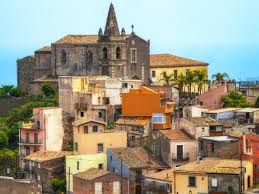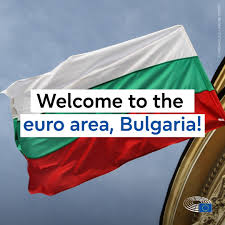Italy: Best for food safety

Rome: More than 23 million items seized, 171 million “illegal” goods removed from the market, 31,000 inspections and 20,000 complaints and arrests for violations of food safety laws.
Do these results, presented by Italian judicial authorities, represent a country which is successful or one which could be considered unreliable when it comes to food safety?
“These are the results of tight controls, which are frequent and specialised,” Lieutenant Colonel Emilio Palmieri of Italy’s police body specialised in health-related matters (NAS). “The truth is that Italy focuses on the health of its citizens far more than other countries. “The results of the inquiries should be framed in a positive light.
“If the figures aren’t as big in other countries, it doesn’t necessarily mean the problem is smaller for them… Perhaps their controls aren’t as effective as ours.”
Lt Col Palmieri shared his knowledge and perspective on the issue at a conference organised by the Italian Embassy in Canberra, with the assistance of police attaché Mario Argenio, a representative of the international police service.
The event took place at the end of November, as part of the celebrations for the Week of Italian Cuisine in the World.
Italian cuisine isn’t just about the preparation of dishes and recipes that have won the hearts of people all over the world, but also the protection of typical Made in Italy products which are a source of pride for this nation.
“Unlike other nations, including Australia, the Italian system can count on groups like NAS that, in addition to being qualified and specialised in their work, have official police duties,” Lt Col Palmieri explained.
“This means that we do not limit ourselves to carrying out checks and reporting the results to other competent organs, but we are also able to autonomously close the investigation under the direction of a public prosecutor.
“NAS, like other squads, learns from experiences gained in different investigative fields.
“This, plus the help of reliable bodies, means our system is always evolving and able to cope with new challenges, like the ones that come from non-EU markets and from the web.”
Italian legislation, framed by European law, makes our country one of the most restrictive in terms of the protection of consumers’ health, not only with food products but with pharmaceutical products as well.
Non-EU markets which are continually expanding in Italy, such as the Chinese market, are subject to different laws.
The discrepancy among different countries’ legislative requirements can cause problems. “We’re always cautious and keeping up,” Lt Col Palmieri explained.
“There are products such as cosmetics coming from China or from the web that require constant work.
“Sure, having more restrictive laws than other countries may pose problems for the production chain, but also provides assurance for the consumer, and for the entire public health system, because it’s them who’ll have to deal with the damage caused by counterfeit products that don’t comply with Italian rules.”
Lt Col Palmieri concluded that Italy is far from a country which struggles to keep up with the criminal activity: “Rather, it’s at the forefront of this field.
“Italy works with excellent results to protect the health of its citizens and the country’s name from commercial frauds.”





